What's the meaning of the bagua (feng shui) »
bagua (feng shui)
This page is about the meaning, origin and characteristic of the symbol, emblem, seal, sign, logo or flag: bagua (feng shui).
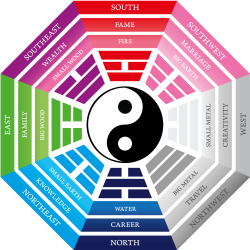
a Chinese religious motif incorporating the eight trigrams of the I Ching, typically arranged octagonally around a symbol denoting the balance of yin and yang, or around a mirror.
bagua regarded in feng shui as a pattern determining the significance and auspicious qualities of spatial relationships.
Bagua used in Feng Shui
The Bagua is an essential tool in the majority of Feng Shui schools. The Bagua used in Feng shui can appear in two different versions: the Earlier Heaven Bagua, used for burial sites, and the Later Heaven Bagua, used for the residences.
Xiantian Bagua
In Xiantian Bagua, also known as Fu Xi Bagua or Earlier Heaven Bagua, the Heaven is in the higher part and the Earth is in the lower part. The trigram Qian (Heaven) is at the top, the trigram Kun (Earth) is at the bottom (in the past, the South was located at the top in Chinese maps). The trigram Li (Fire) is located on the left and opposite to it is the trigram Kan (Water). Zhen (Thunder) and Xun (Wind) form another pair, while being one opposite the other, the first on the bottom left next to Li while the second is next to Qian on the top right of the Bagua. Gen (Mountain) and Dui (Lake) form the last pair, one opposite the other, both in balance and harmony. The adjustment of the trigrams is symmetrical by forming exact contrary pairs. They symbolize the opposite forces of Yin and Yang and represent an ideal state, when everything is in balance.
Houtian Bagua
The sequence of the trigrams in Houtian Bagua, also known as the Bagua of King Wen or Later Heaven Bagua, describes the patterns of the environmental changes. Kan is placed downwards and Li at the top, Zhen in the East and Dui in the West. Contrary to the Earlier Heaven Bagua, this one is a dynamic Bagua where energies and the aspects of each trigram flow towards the following. It is the sequence used by the Luo Pan compass which is used in Feng Shui to analyze the movement of the Qi that affects us.
Bagua of the eight aspirations
Feng shui was made very popular in the Occident thanks to the Bagua of the eight aspirations. Each trigram corresponds to an aspect of life which, in its turn, corresponds to one of the cardinal directions. Applying feng shui using the Bagua of the eight aspirations made it possible to simplify feng shui and to bring it within the reach of everyone. The Masters of traditional feng shui call it Neo Feng Shui, for its simplicity, because it does not take into account the forms of the landscape or the temporal influence or the annual cycles. The Bagua of the eight aspirations is divided into two branches: the first, which uses the compass and cardinal directions, and the second, which uses the Bagua by using the main door. It is clear that, not taking into account the cardinal directions, the second is even more simplified.
Bagua map
A bagua map is a tool used in modern forms of feng shui to map a room or location and see how the different sections correspond to different aspects in one's life. These sections are believed to relate to every area or aspect of life and are divided into such categories as: fame, relationships/marriage, children/creativity, helpful people/travel, career, inner knowledge, family/ancestors/health, and wealth/blessings.
In this system, the map is intended to be used over the land, one's home, office or desk to find areas lacking good chi, and to show where there are negative or missing spaces that may need rectifying or enhancing in life or the environment.
For example, if the bagua grid is placed over the entire house plan and it shows the toilet, bathroom, laundry, or kitchen in the wealth/blessings area it would be considered that the money coming into that particular environment would disappear very fast, as if to be 'going down the drain.'
https://en.wikipedia.org/wiki/Bagua
- 2,164 Views
Graphical characteristics:
Symmetric, Closed shape, Colorful, Contains both straight and curved lines, Has crossing lines.
Category: Chinese Symbols.
bagua (feng shui) is part of the Colors group.
More symbols in Colors:
We all see colors in our everyday lives, no matter where we live or where we look. While certain colors are often associated specific things, the colors themselves- including individual shades- typic… read more »
More symbols in Chinese Symbols:
China is one of the world's oldest and most long-lived cultures, with human settlement dating back to the Neolithic Era. Covering a vast region of eastern Asia, its many customs and traditions can va… read more »
Citation
Use the citation below to add this symbol to your bibliography:
Style:MLAChicagoAPA
"bagua (feng shui)." Symbols.com. STANDS4 LLC, 2025. Web. 3 Jan. 2025. <https://www.symbols.com/symbol/bagua-%28feng-shui%29>.
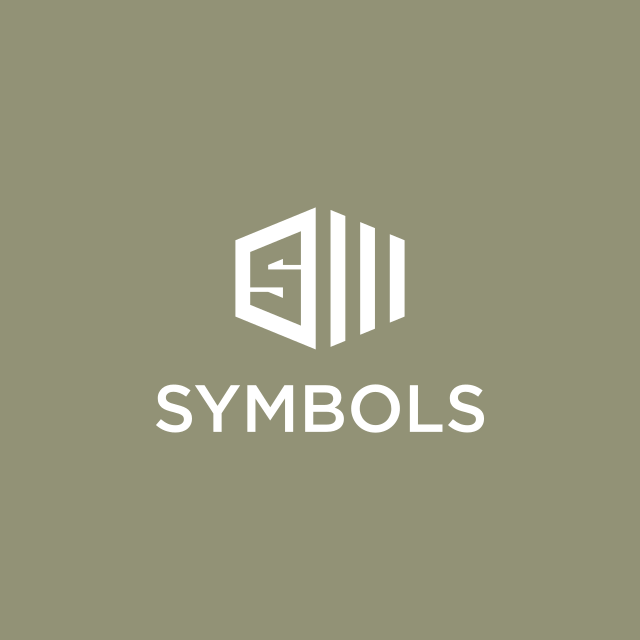
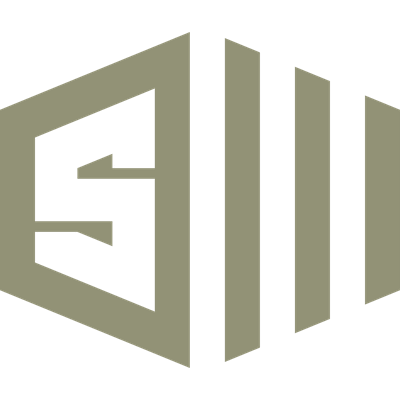
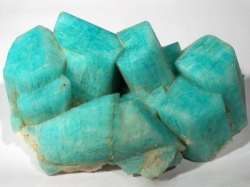

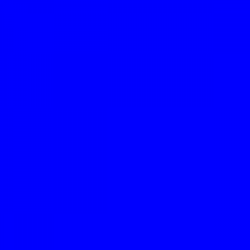
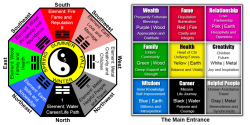
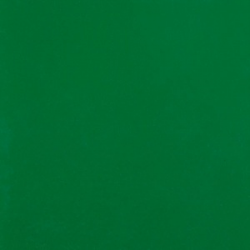
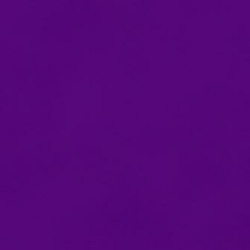
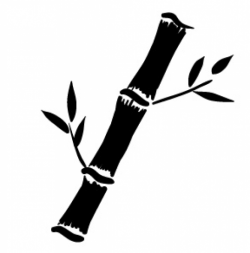


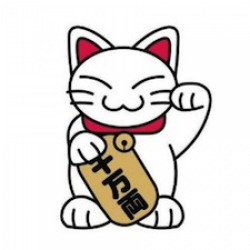
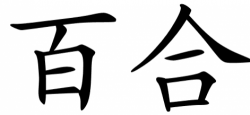
Have a discussion about bagua (feng shui) with the community:
Report Comment
We're doing our best to make sure our content is useful, accurate and safe.
If by any chance you spot an inappropriate comment while navigating through our website please use this form to let us know, and we'll take care of it shortly.
Attachment
You need to be logged in to favorite.
Log In